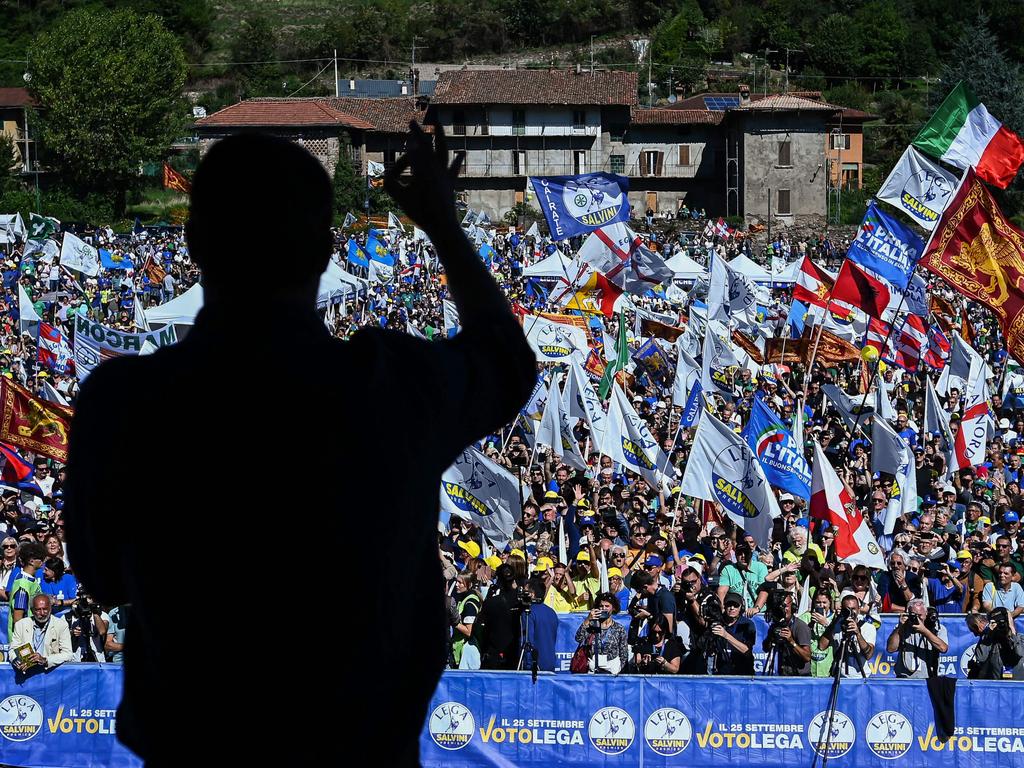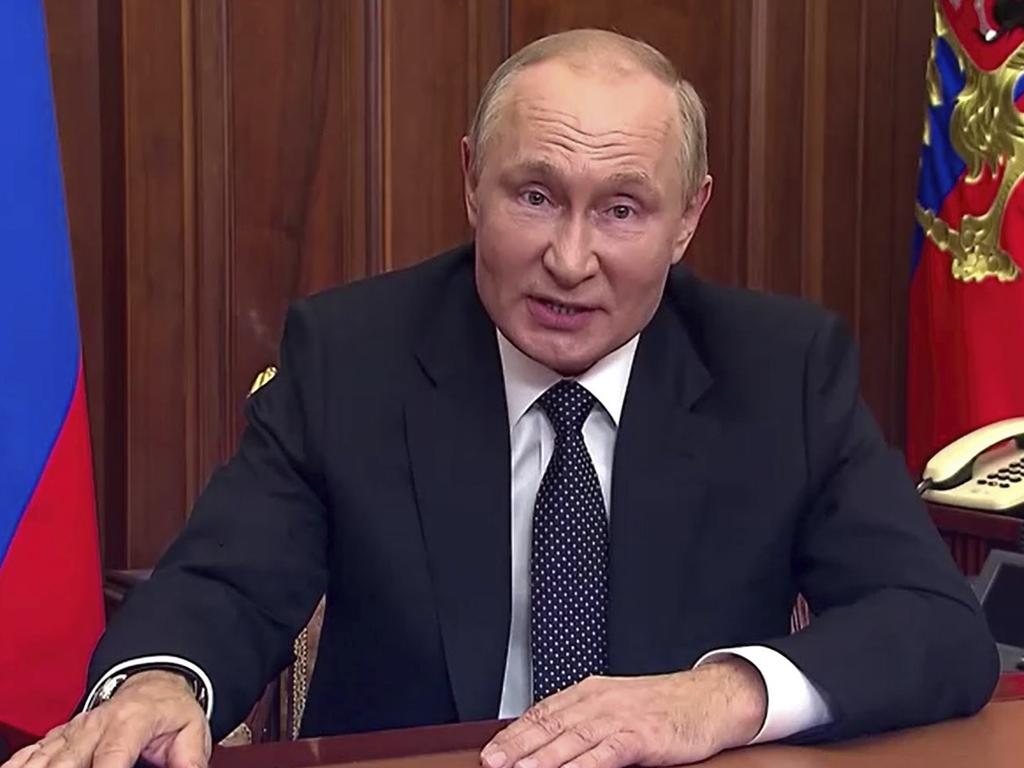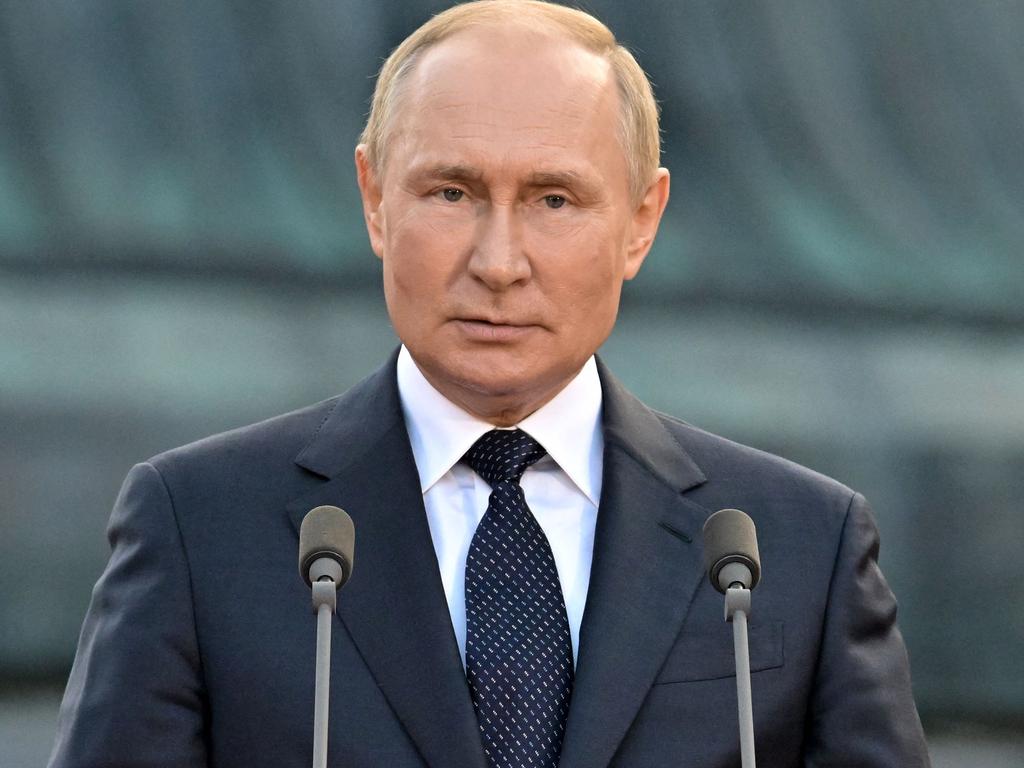Angry tyrant’s nuclear threat must not be under-estimated


At the Shanghai Co-operation Organisation summit in Samarkand last week, Indian Prime Minister Narendra Modi and Chinese President Xi Jinping, the Russian despot’s “no limits” ally, showed little enthusiasm for his war in Ukraine. Yet Mr Putin is determined to continue his onslaught. In his address, he accused the West of “nuclear blackmail”, claiming top government officials in several unnamed “leading” NATO countries had spoken of potentially using nuclear weapons against Russia. But it is Mr Putin, following a series of remarkable military successes by Ukraine, who has ratcheted up the threat of using nuclear weapons, of which Russia has more than even the US. The West must remain resolute in its support of the democratically elected Kyiv government.
Hurried referendums start from Friday in the Donetsk, Kherson, Luhansk and Zaporizhzhia regions of Ukraine. They are intended to rubberstamp annexation by Moscow. With the vote unlikely to be free or fair, the result will almost certainly be rigged in favour of becoming part of Mr Putin’s Greater Russia dream.

Wednesday’s call-up of about 300,000 military reservists is to bolster Mr Putin’s depleted forces in Ukraine. Yet staggering Russian losses in the war so far are unlikely to encourage many Russians to go to the front line without being forced. At the start of the invasion in February, Mr Putin had an army of 200,000 troops poised on the Ukrainian border. Intelligence reports indicate at least 80,000 have been killed or wounded. The danger to Ukraine, the West and the world of the Russian tyrant’s onslaught against accepted principles of national sovereignty, territorial integrity and a rules-based world order must not be underestimated. If, as anticipated, Mr Putin annexes the four regions as he did Crimea in 2014, Kyiv’s Western-backed forces will find themselves fighting in territory Russia considers part of its sovereign state.

The Kremlin would then have an excuse, in its eyes, for deploying nuclear weapons. Russia’s nuclear doctrine permits the use of weapons of mass destruction if the country’s sovereignty faces an existential threat from conventional weapons. “Encroachment on to Russian territory is a crime which allows you to use all the forces of self-defence,” Dmitry Medvedev, the former Russian president and Putin ally, said on Tuesday. “This is why these referendums are so feared in Kyiv and the West.” Margarita Simonyan, head of the Kremlin-backed propaganda outlet RT, said the referendums signalled “either the eve of our imminent victory or the eve of nuclear war”.
After ignominious military reverses, Mr Putin is angry. Fears he will resort to nuclear weapons have increased with each setback. His hold on regions where the referendums will be staged is dubious. They make up 15 per cent of Ukraine. Luhansk has been in Russian control since July but a key town has been recaptured. Kyiv’s forces also have retaken territory in Kherson. Much of Donetsk and Zaporizhzhia remain under Ukrainian control. This is unlikely to deter Mr Putin from what German Chancellor Olaf Scholz termed “sham” referendums. A senior Ukrainian official compared the situation to Germany’s 1938 annexation of Austria. The dangers are profound.






Russia’s first military mobilisation since World War II and the warning it will use “all means available to us” show the potentially grave implications of snap reunification referendums to be held in four Ukrainian regions Moscow claims to control. “This is not a bluff,” President Vladimir Putin said in an address to his nation on Wednesday, in a clear reference to the possible use of nuclear weapons. As Russian political analyst Tatiana Stanovaya concluded: “This is an unequivocal ultimatum from Russia to Ukraine and the West: either Ukraine retreats or it is nuclear war.” The warning is the most ominous escalation in Mr Putin’s war against Ukraine since he launched it on February 24. It presents the West with a potentially worst-case scenario that it must be prepared to meet.